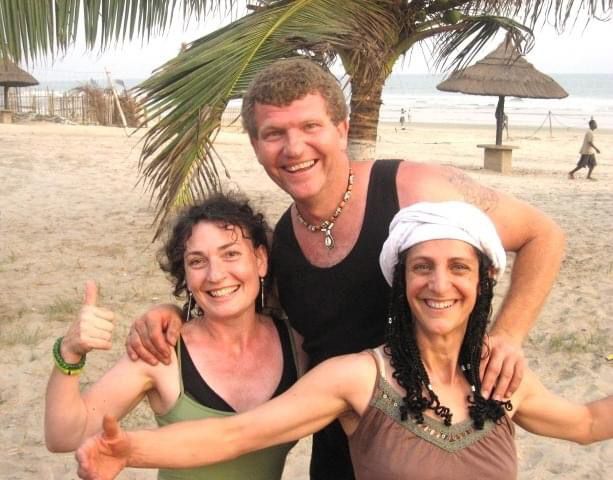Drumming Heals
Drumming heals and this is why Robert Lawrence Friedman. wrote The Healing Power of the Drum.Psychotherapist and drum facilitator, Friedman, weaves a tapestry of personal experience, fascinating anecdotes and compelling research. He demonstrates the hand drum’s ( and ) capacity to provide significant health benefits for everyone. This breakthrough book examines the use of hand drums in treating at-risk adolescents, stressed-out employees, Vietnam veterans, Alzheimer’s disease, Parkinson’s disease, Multiple Sclerosis, and more.
know more
















